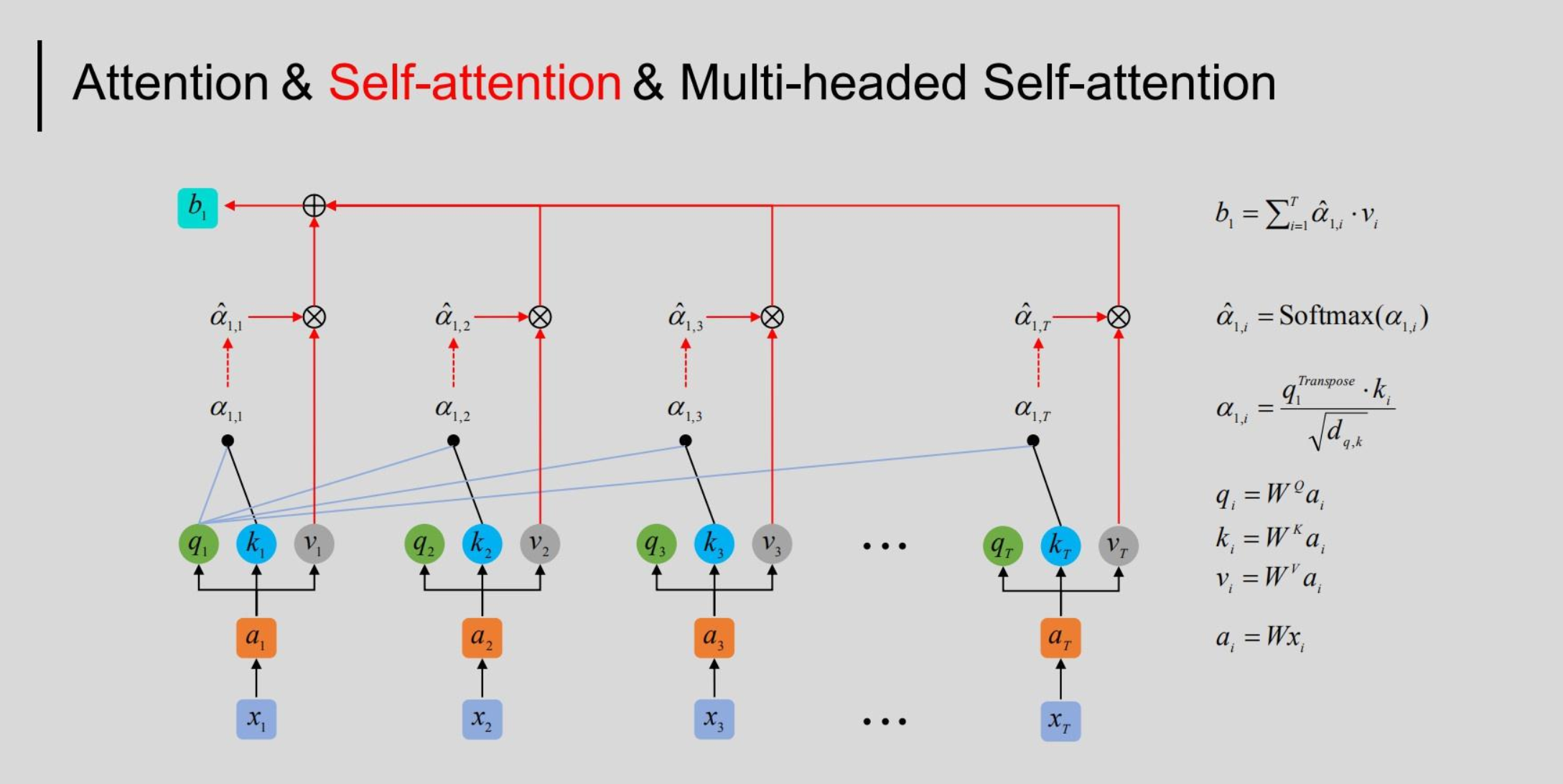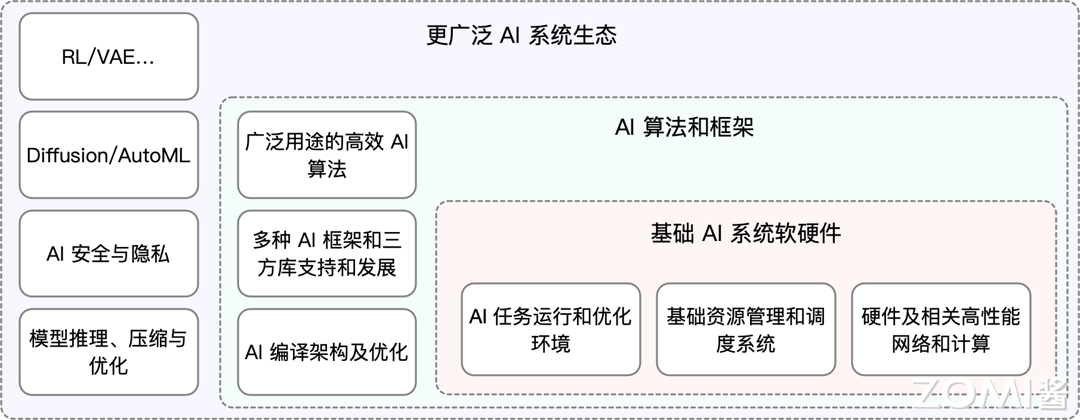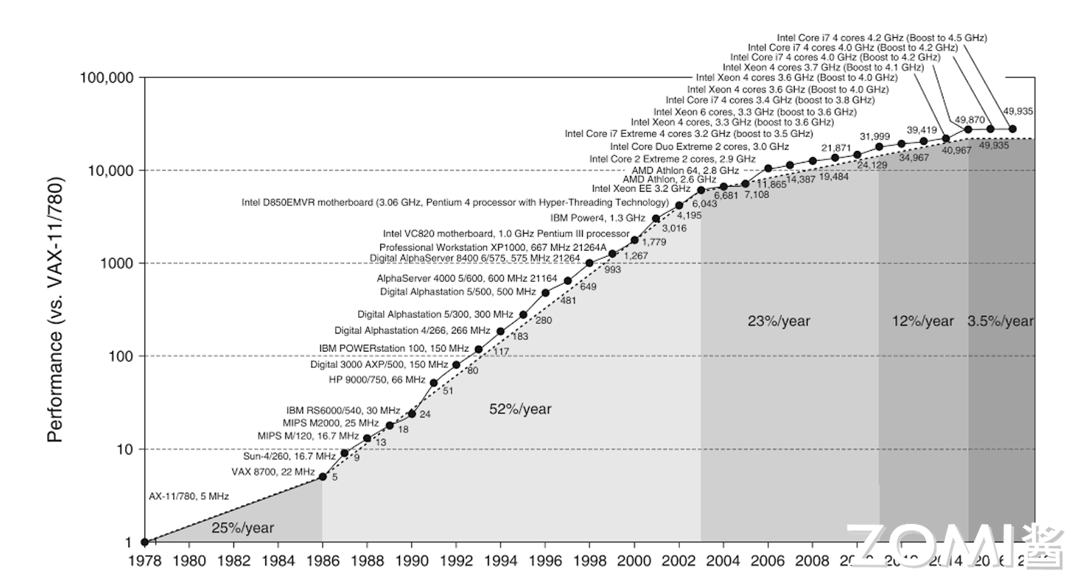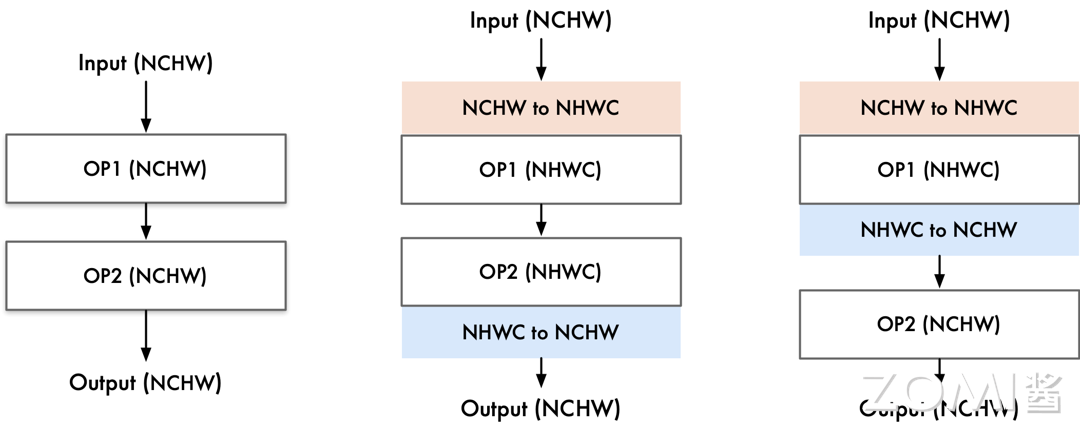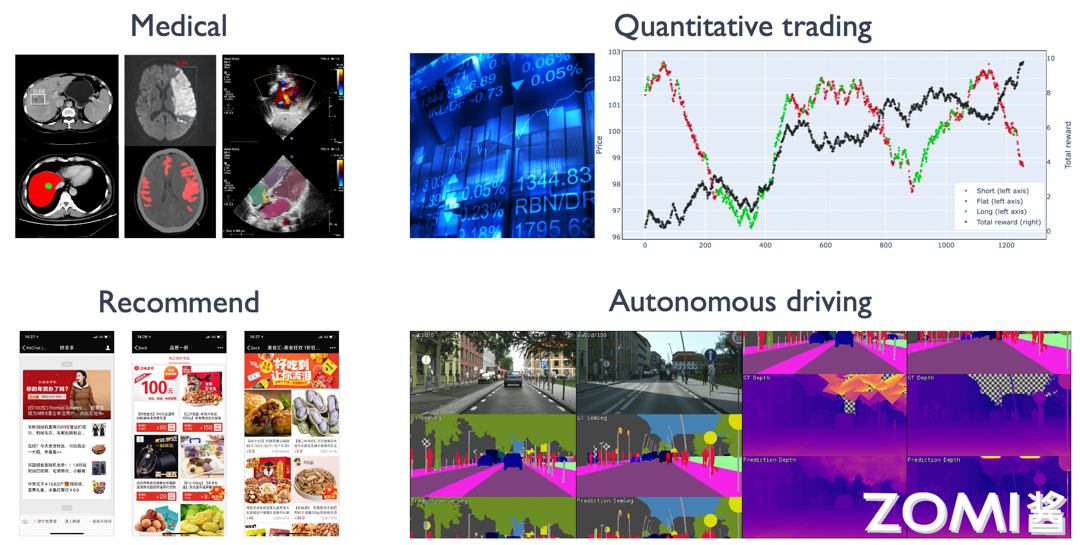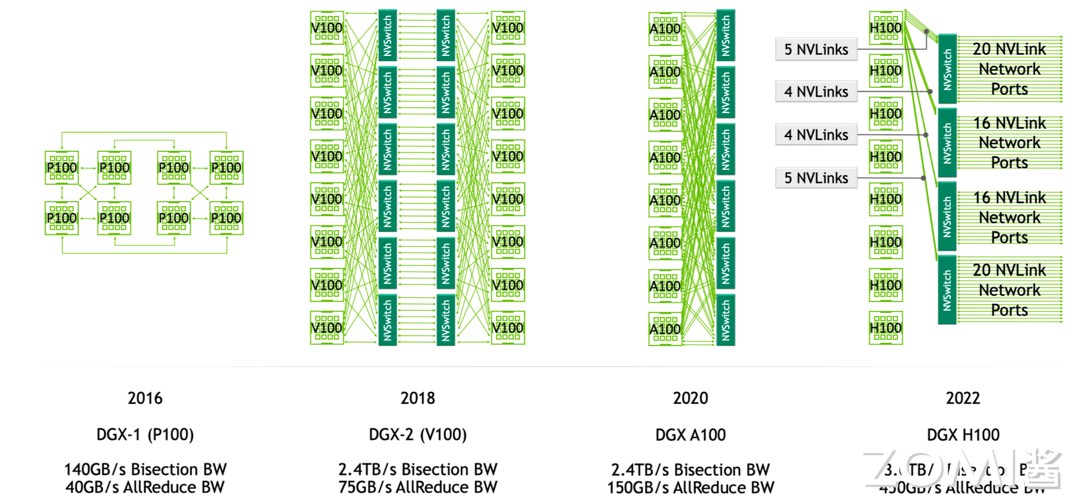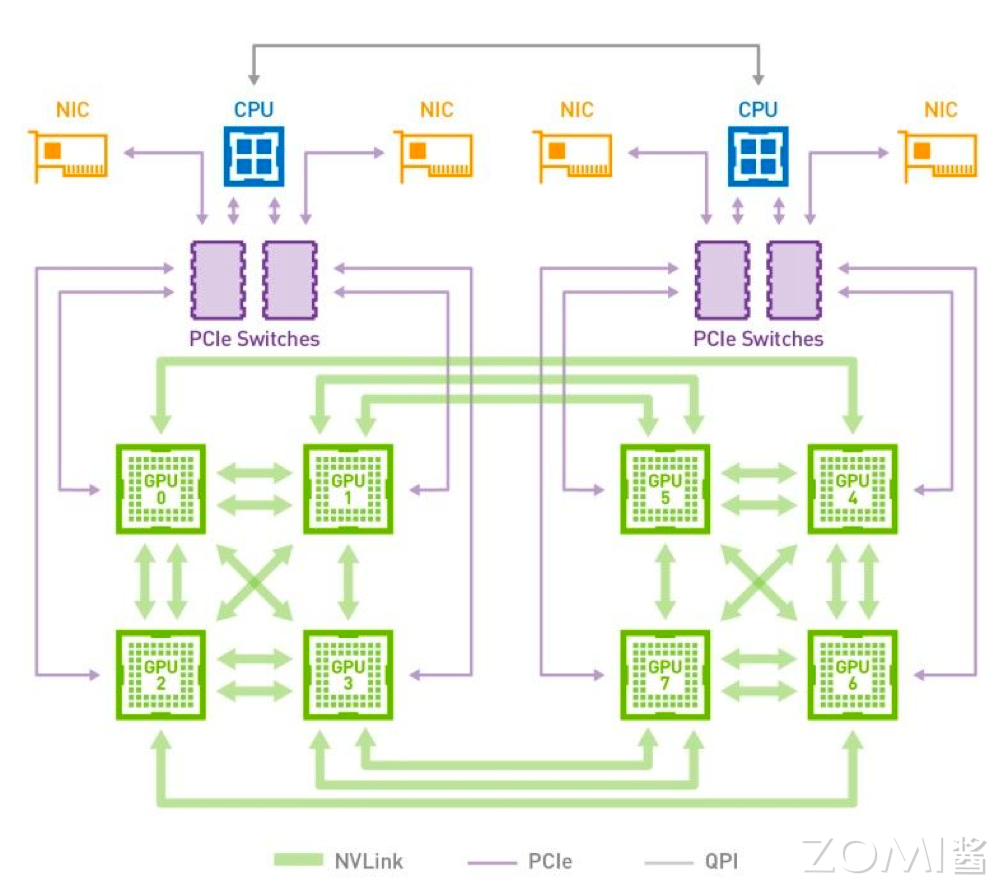IERG3080 Fall 2024 - Group Project
Due: 23 Dec 2024
Instructions:
● This project takes 30% of the course total.
● Your group needs to use Visual Studio to implement a game using WPF in C#
described in this specification, and also write a 5-page report with details on your system structure (class design, class reuse, software patterns used), the testing plan, and the difficulties you have overcome during your project.
● You must demonstrate the ability to self-learn the details about programming, and provide a list of references of online resources in your report, either integral or supplementary to the completion of the project.
● Every group has to submit a zip file to the Blackboard consisting of the whole visual studio project, a standalone playable (your exe and other needed resources files), a report in pdf format, and a 1-min demonstration video capturing the losing (and winning, if any) moments of the game.
● Your project is expected to be run correctly on the Windows machines in ERB1004.
● You are required to use Agile methodology in your project.
Grading scheme (max 30%). Only consider submissions that work properly.
○ Fulfilling the requirements in the implementation, and the releasable status of the project (user-friendliness, robustness, etc.) (5%)
○ Goodness of the design, including class reusability and design patterns (10%)
■ Describe these in the report.
● Advanced features (optional)
○ Feature 1
■ Fulfilling the requirements (2%)
■ Goodness of design (4%)
○ Feature 2
■ Fulfilling the requirements (4%)
■ Goodness of design (8%)
● Written report (mandatory) (5%)
○ Using proper modeling languages for describing the design
■ Do NOT put your source code directly in the report!
○ An appropriate list of references in the report
The final score is the minimum of 30 and the sum of the obtained scores. No score is given to the advanced features if the mandatory parts are not finished.
Background
Tetris is an old but popular puzzle video game with many variants. In the game, there is a rectangular field. Game pieces, known as tetrominoes, drop from the top of the field, one at a time. The player can move the falling piece horizontally or rotate it before it lands. The player can also accelerate the falling speed of the piece. When a row is completely filled, the row will be eliminated.
In this project, you need to implement a simplified Tetris game. Extra features other than those described below are welcome, but not necessary.
Baseline Requirements
The baseline of the project is to implement a single-player version of the game which is similar to the one in the following website:
https://tetris.com/play-tetris
There are 7 types of tetrominoes in the game as shown in the figure below.
Source: https://en.wikipedia.org/wiki/Tetris
The falling piece can be:
● Rotated 90 degree clockwise (or anticlockwise) by the player if the piece after rotation does not overlap with other landed pieces;
● Moved horizontally by the player if the new location does not overlap with other landed pieces.
The falling speed depends on 代写IERG3080 Software Patterns the number of eliminated rows. The player can accelerate the falling speed of the piece (soft drop), or land the piece directly (hard drop). The game is over when the landed tetrominoes have some blocks outside the game field.
The score earned for eliminating n rows follow the formula 100 × 2n. Once a row is eliminated, the upper rows shift down to replace the eliminated row.
The following is a list of features that are NOT required to be implemented:
● Play by mouse control
● Hold a piece (swap to the on-hold state for future use)
● T-spin
● Levels (that multiples the score and increases the falling speed)
The UI should show at least the following components:
● The game field (20 rows, 10 columns)
● The score
● The next tetrominoes (at least 1)
For user-friendliness, a simple main menu before gameplay, a game-over message, the pausing feature, and the ability to start a new game without re-launching the program are necessary.
Advanced Features
The following two advanced features are optional. You can implement both features if you want to. Advanced gameplay involves two players. When a player clears more than one row at a time, some garbage rows will be sent to the game field of the other player. More specifically, when n > 1 rows are eliminated, 2n−1 garbage rows will be sent. The garbage rows always appear from the bottom and raise the other existing rows.
Every garbage row consists of garbage blocks and a single hole. When the hole is filled by landed tetrominoes, i.e., the row is completely filled, the row will be eliminated. An example of garbage rows is shown in the figure below.
Source: https://harddrop.com/wiki/Tetris_Battle#Normal_Garbage
Feature 1
Implement the battle mode of a local 2-player Tetris game (2 players play on the same computer). That is, your product supports both single-player mode and battle mode. Except the extra rule for garbage rows, the remaining rules are the same as that in the baseline requirements. When a player loses the game, the other player wins and the game session is ended. If both players lose at the same time, then it is a draw.
The following is a list of features that are NOT required to be implemented:
● Computer player (AI)
● Control settings (you can pre-define the controls)
The UI should show at least two sets of
● The game field (20 rows, 10 columns)
● The score
● The next tetrominoes (at least 1)
One set for each player. That is, the two players are playing in their own individual game field.
Feature 2
Implement the battle mode of an online 2-player Tetris game (2 players play on different computers). That is, your product supports both single-player mode and battle mode. The requirements are the same as those in Feature 1, except that the players are playing on separate computers.
To initiate the network connection, one of the players is the host while the other one is the client. The client inputs the host’s IP address to attempt the connection (assume IPv4). You can pre-define a port for the communication purpose.

